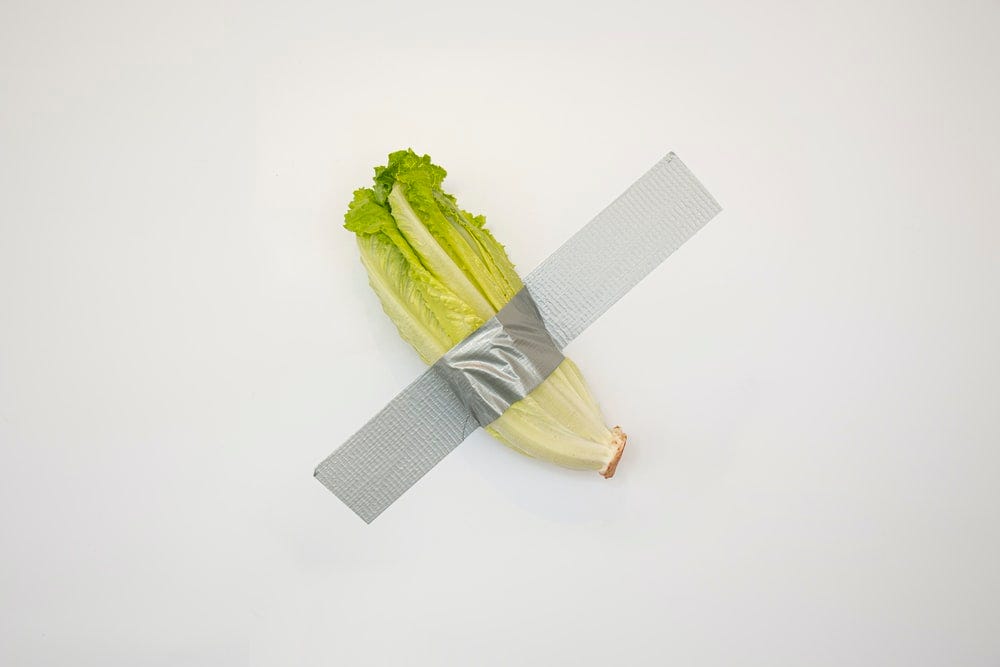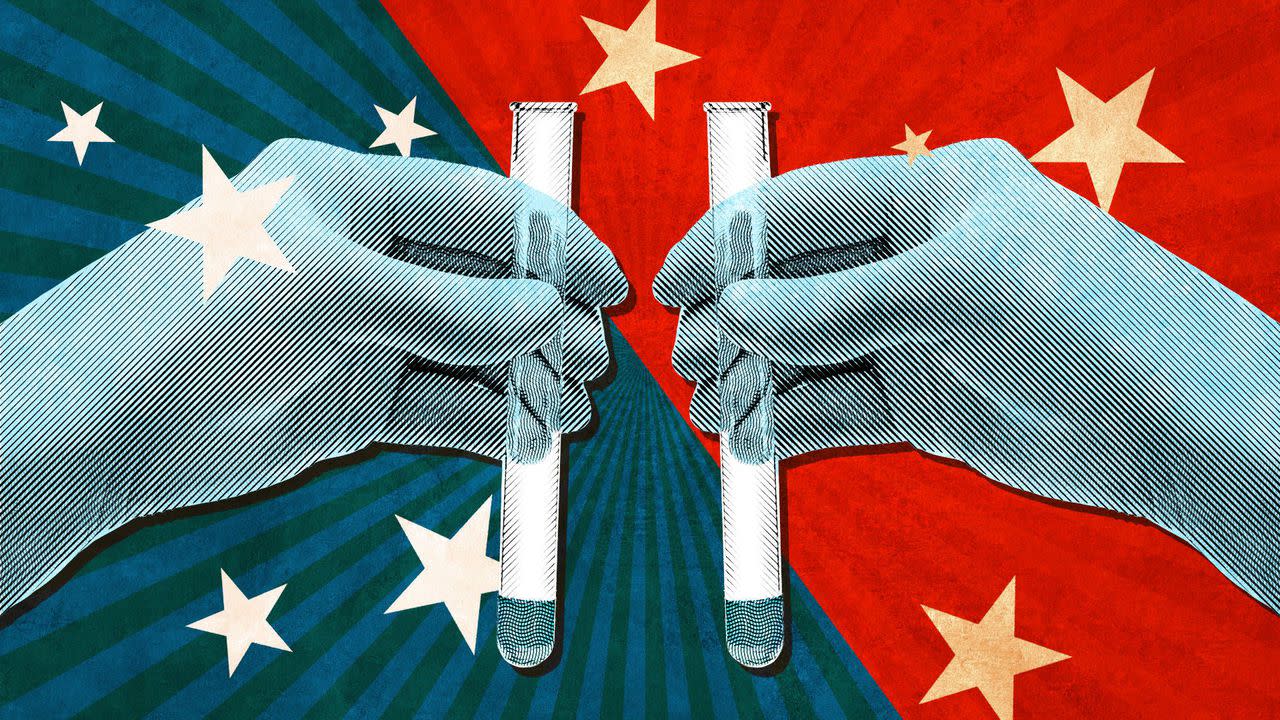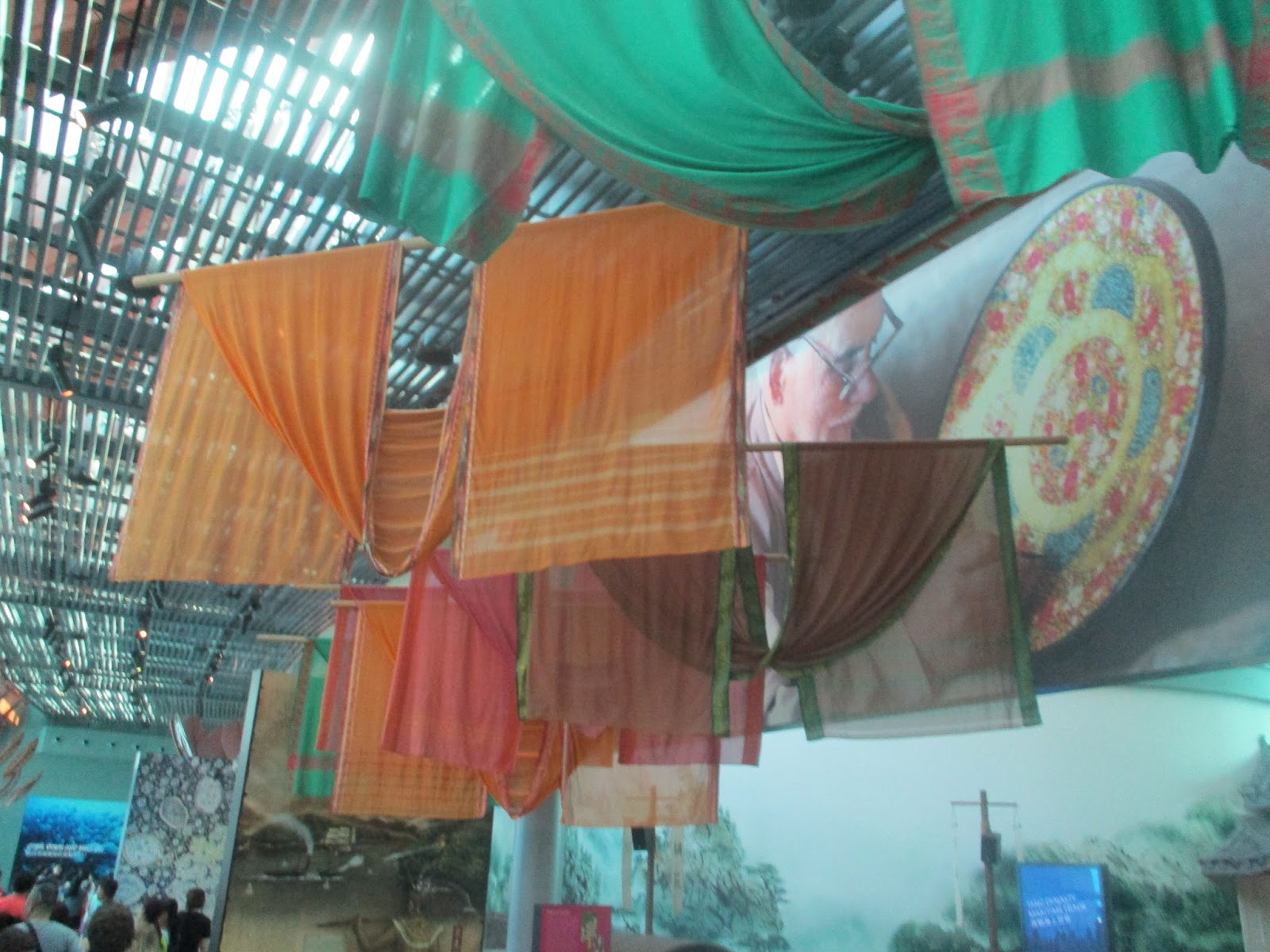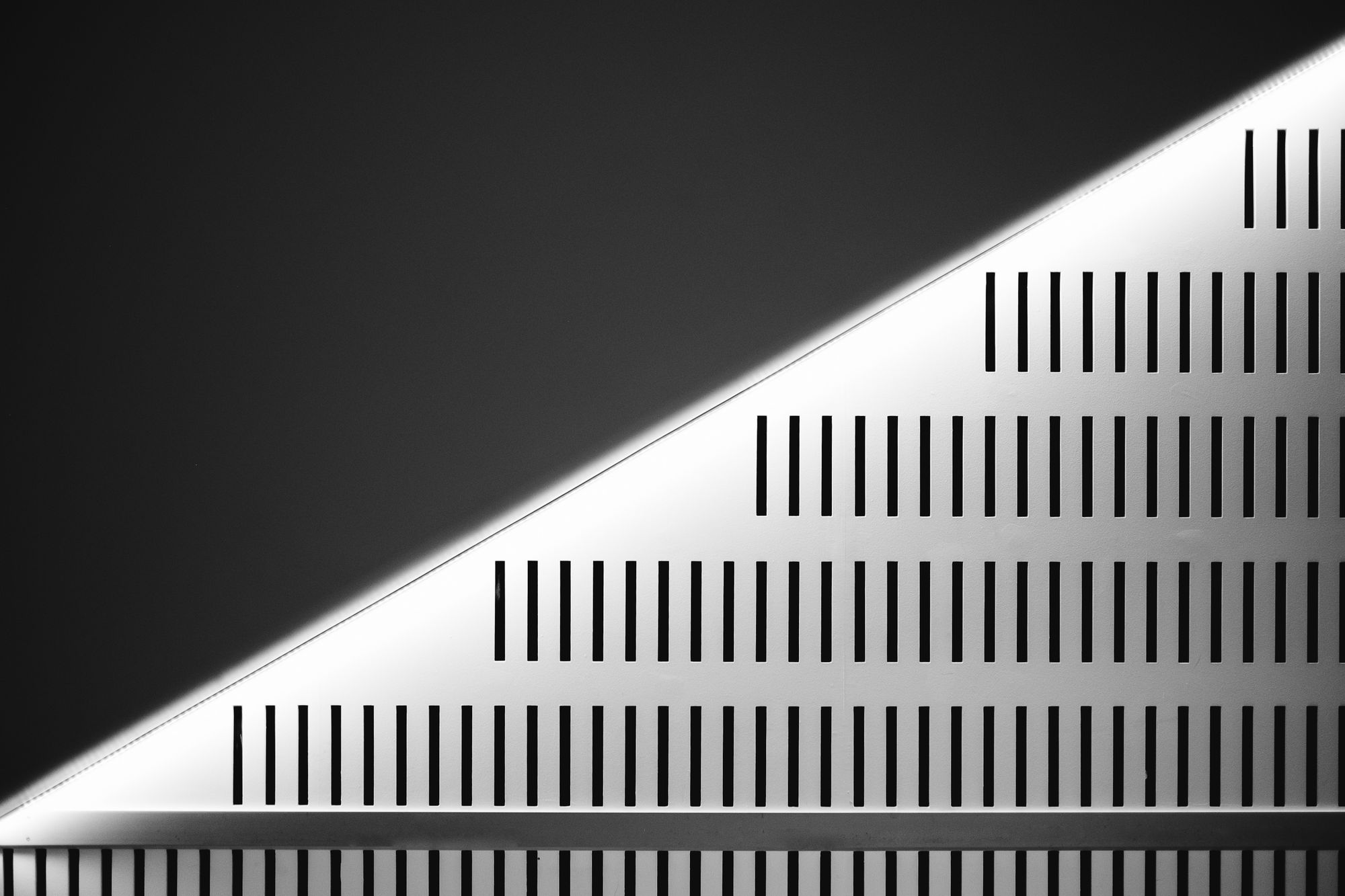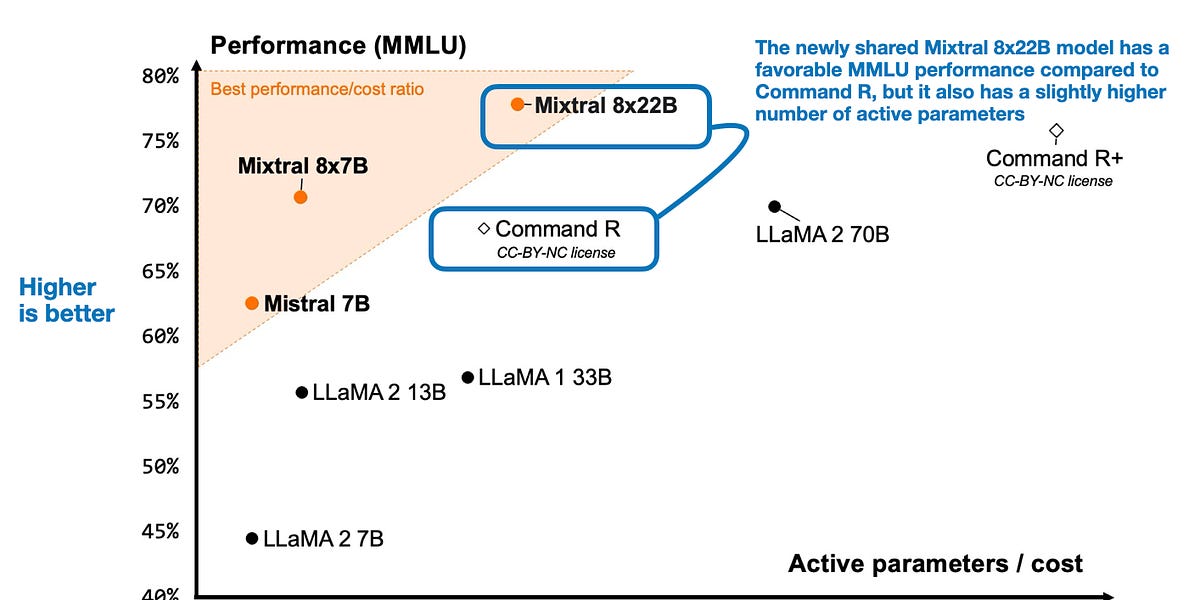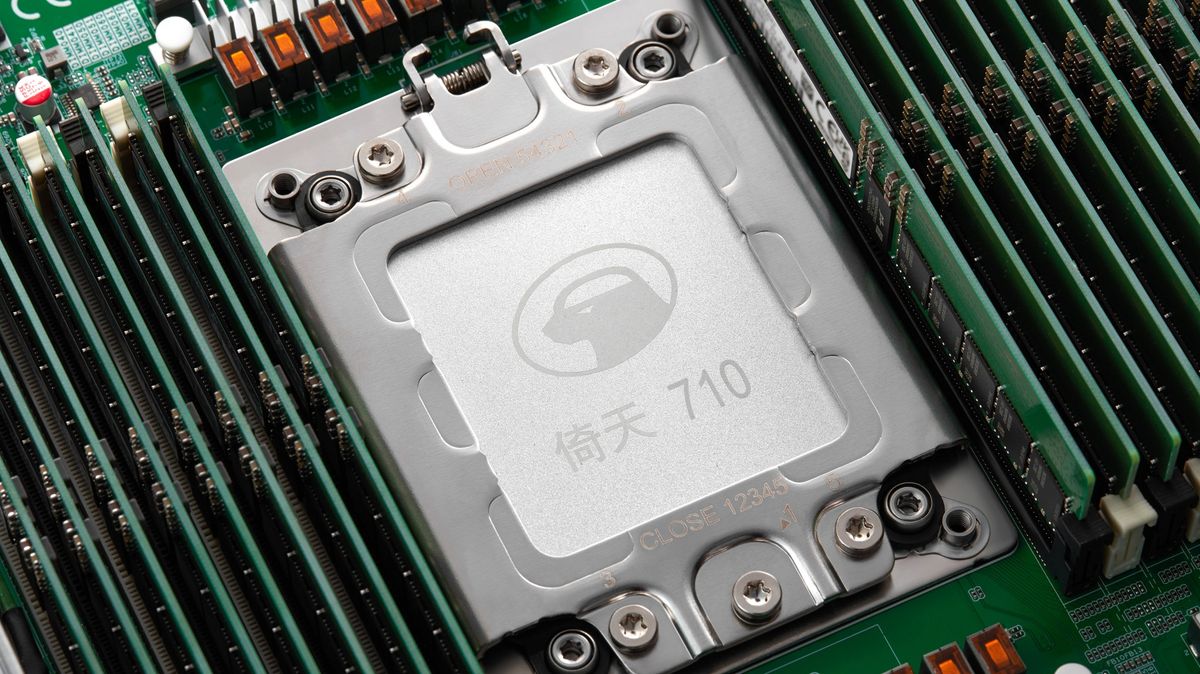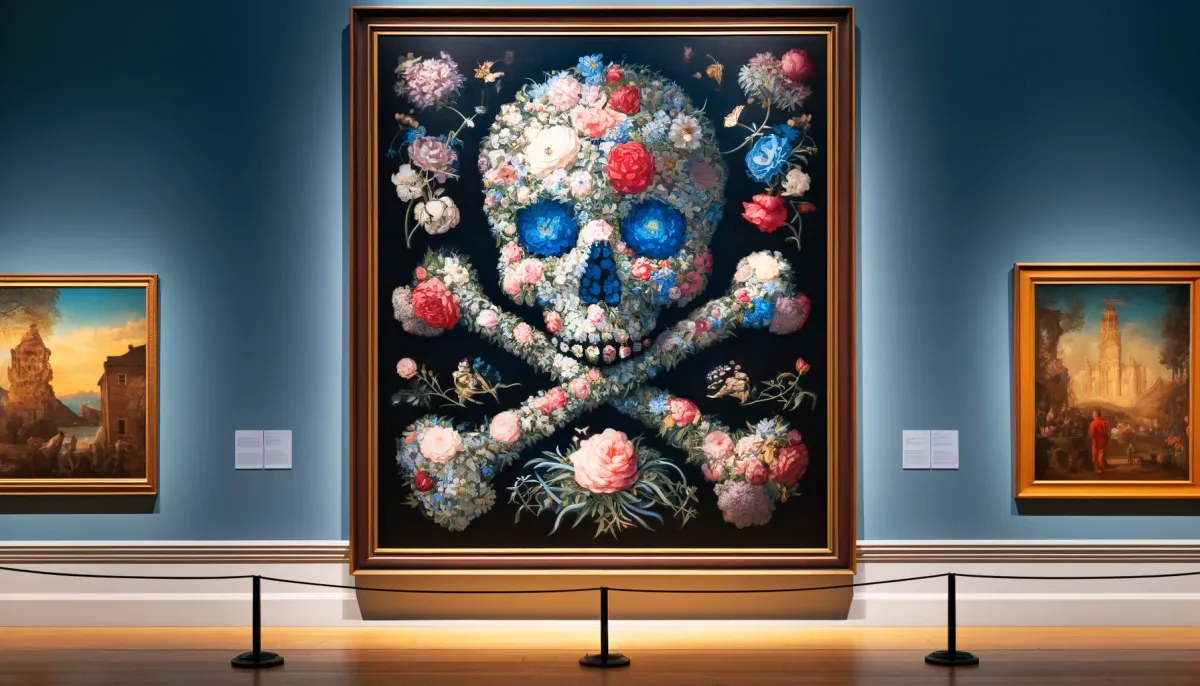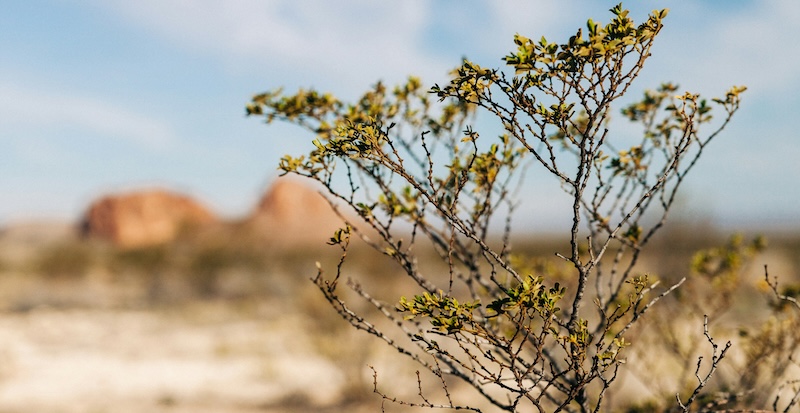
How the Humble Donkey Became a Big Problem for China
A popular remedy is made from hides imported from Africa—but the out-of-control trade is causing geopolitical problems for Beijing.
Search on the Chinese food-delivery app Meituan for ejiao, and all sorts of goodies pop up. Ejiao was once a luxury consumed at the emperor’s court, valued as a traditional remedy taken to strengthen the blood, improve sleep, and slow aging. Today, ejiao is for the masses. People drink it in a tonic that costs about $2 for 10 vials; eat it in small cakes made with rock sugar, rice wine, walnuts, and black sesame at $7 for a tin of 30; or snack on ejiao-coated dates at just under a dollar a packet.
There’s just one problem: The collagenous substance is extracted from donkey hides. China’s domestic donkey population has plunged precipitously, and now the nation’s mass taste is stripping African farms of one of their most essential and valuable assets. In countries as far-flung as Nigeria, Ethiopia, and Botswana, animals that are the mainstays of many small farms—where donkeys are used for plowing, hauling crops to market, and many other purposes—are instead being slaughtered for the cash value of their skins.
The drain has become so damaging to Africa’s rural economy that in February the 55-member African Union approved a continent-wide ban on the slaughter of donkeys for their skins at its heads-of-state summit. Whether the governments of Africa can implement such a ban remains to be seen. If they do, they could seriously pinch the Chinese ejiao industry.

